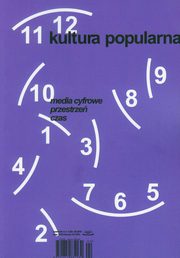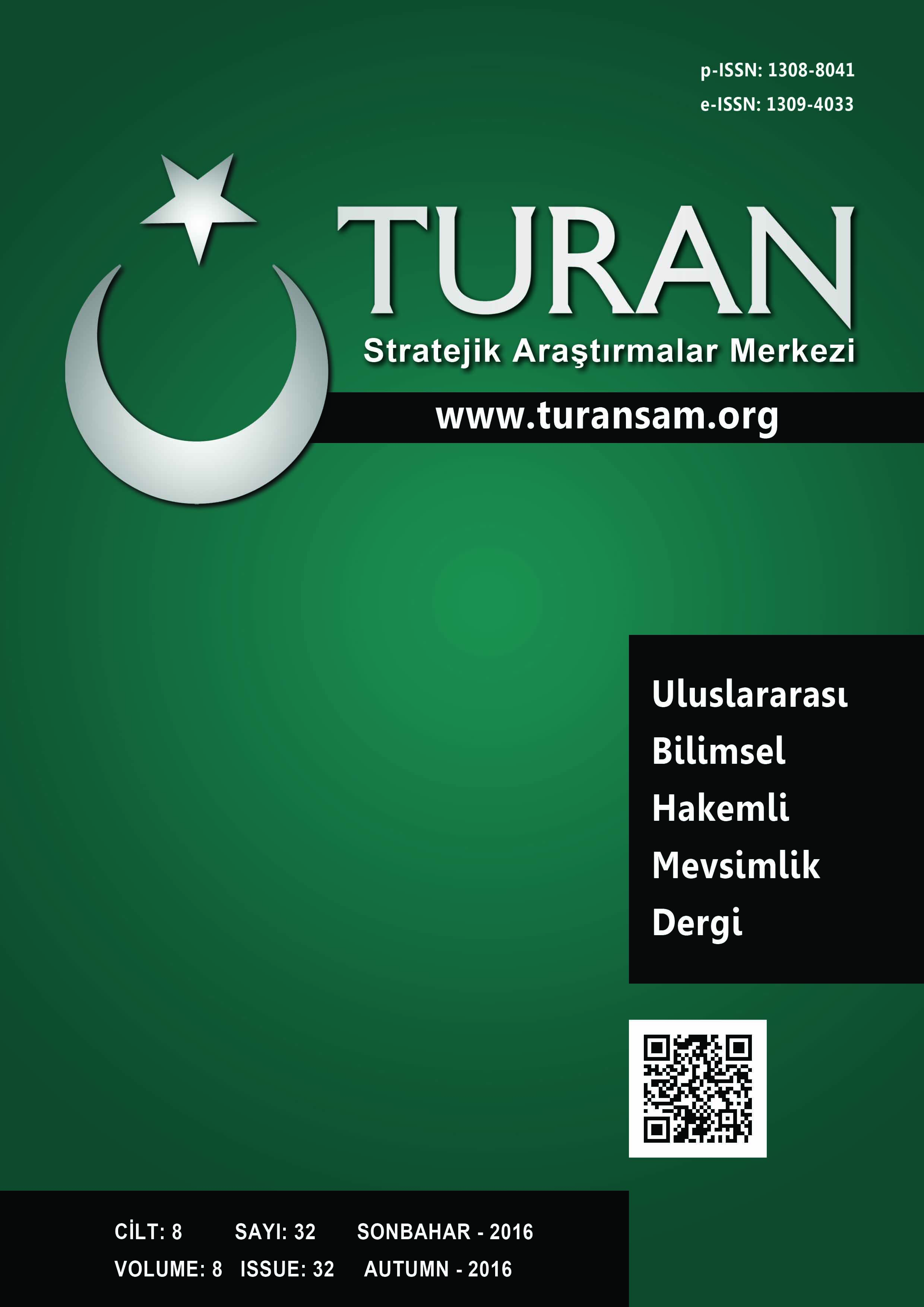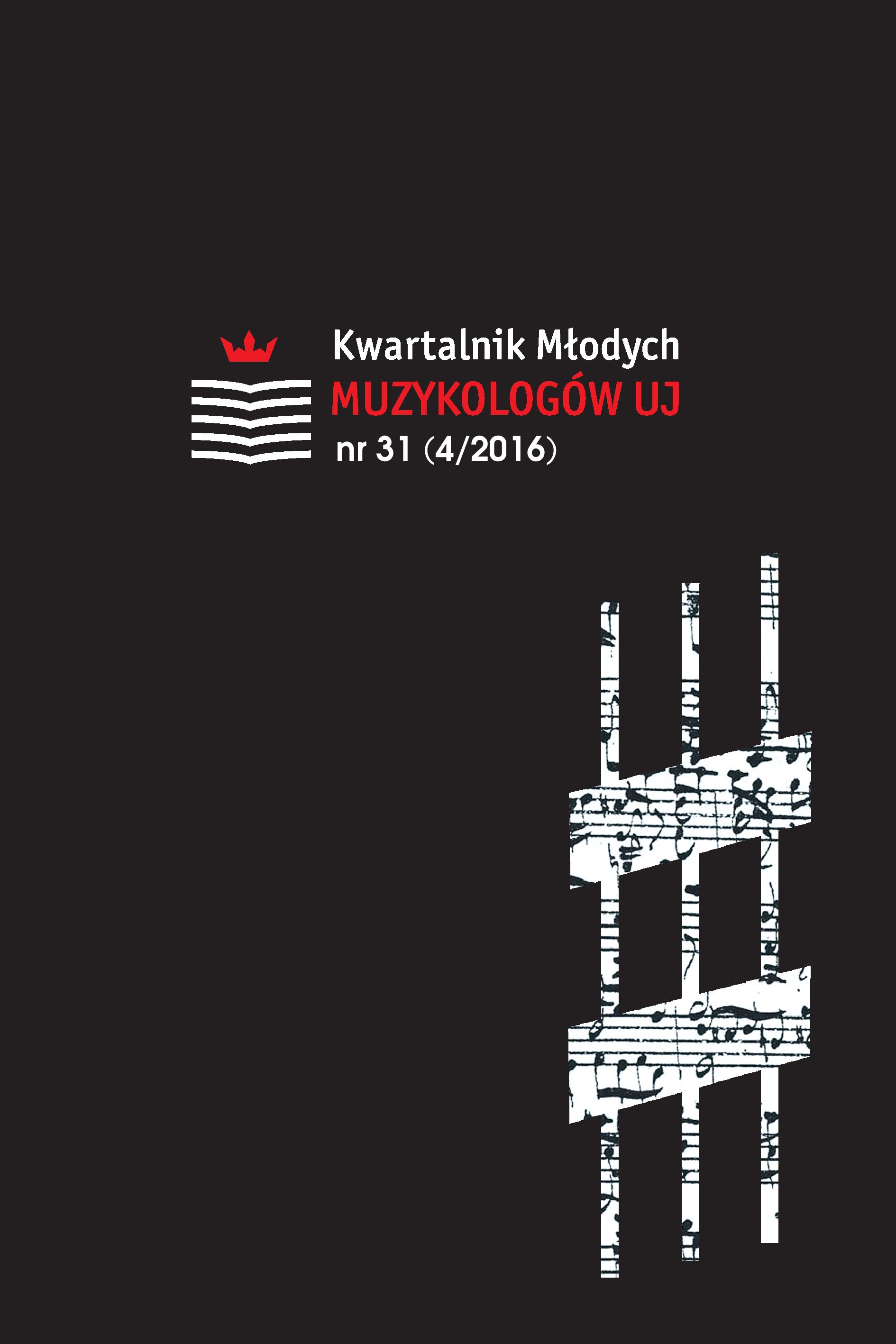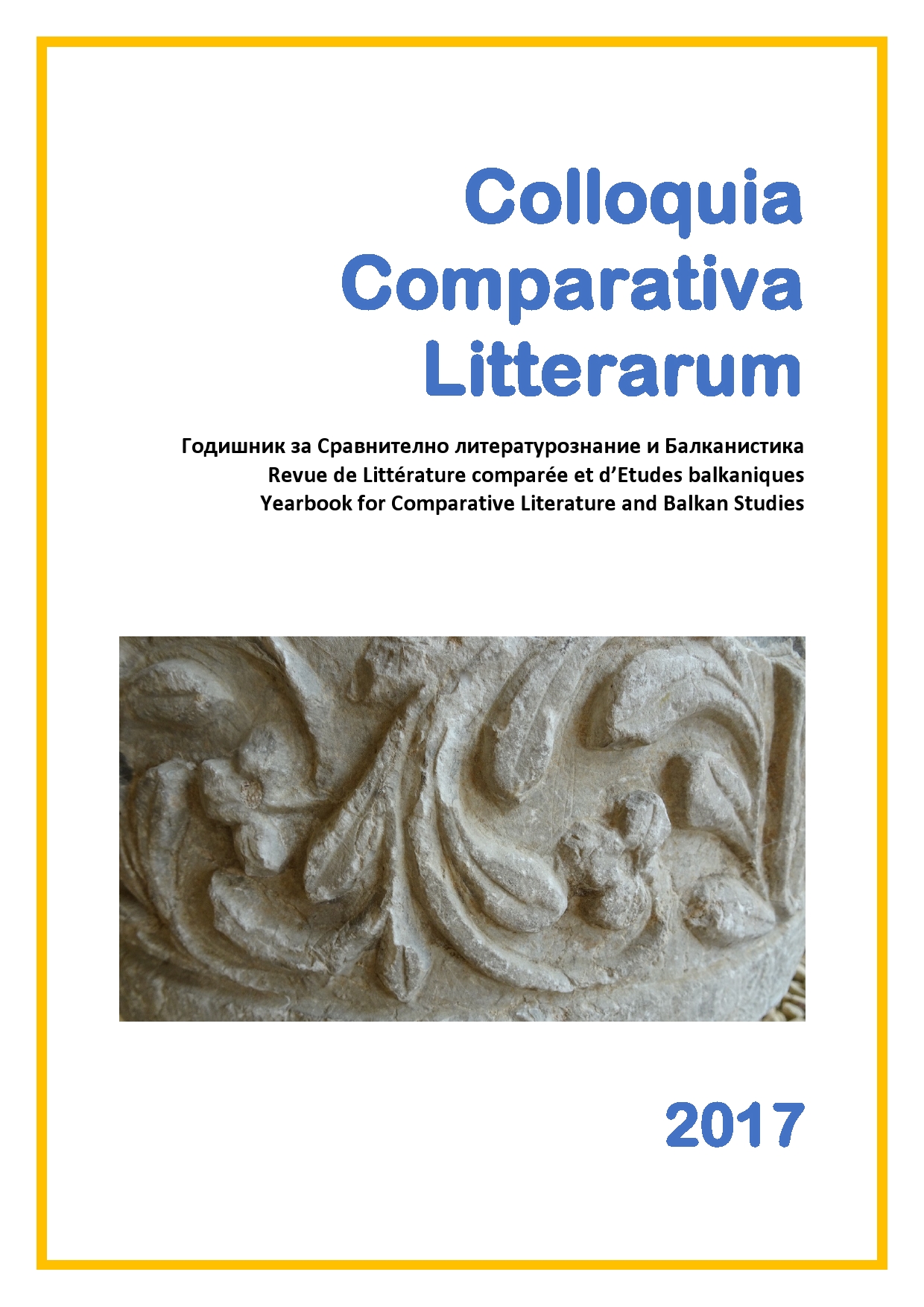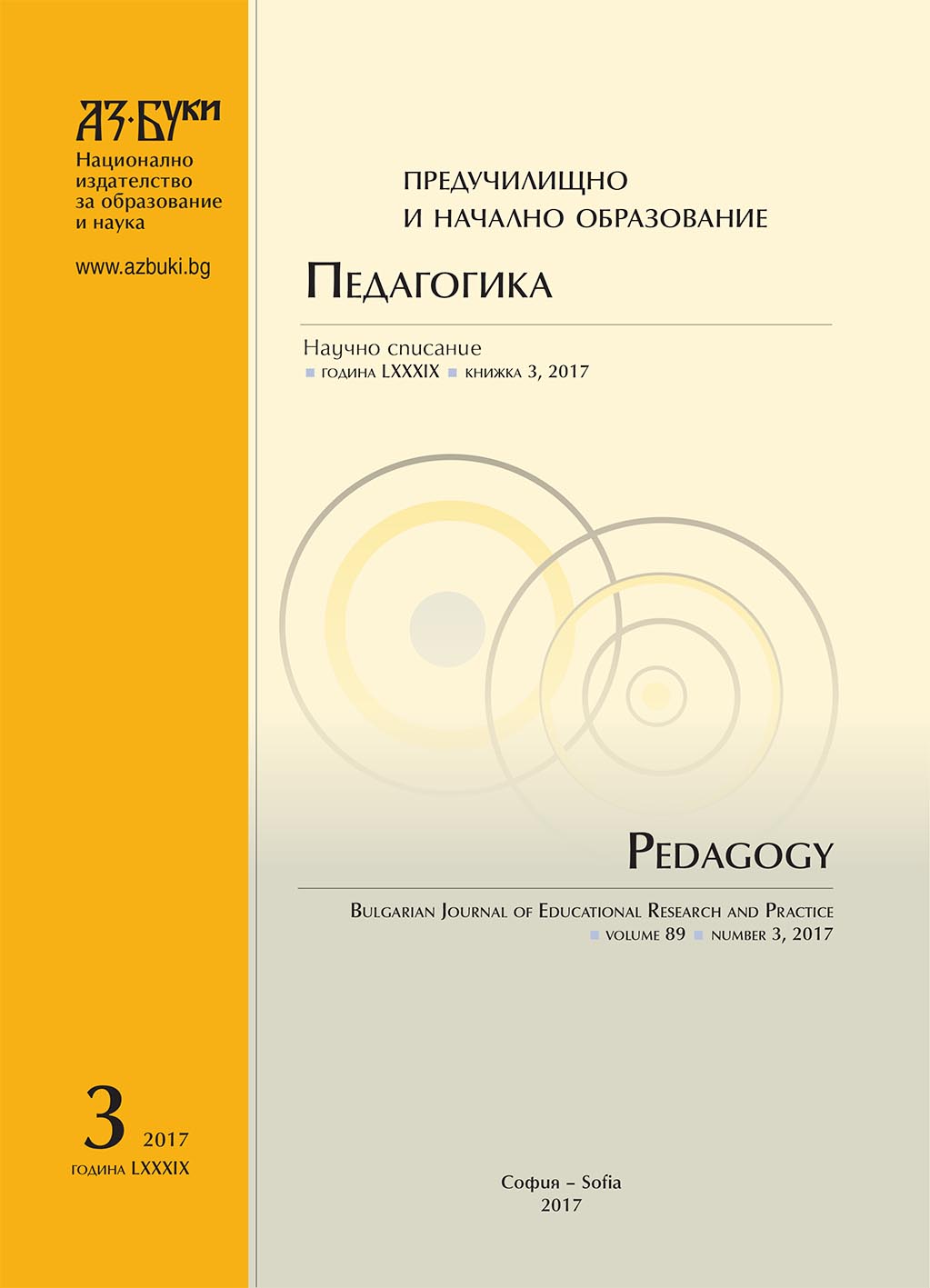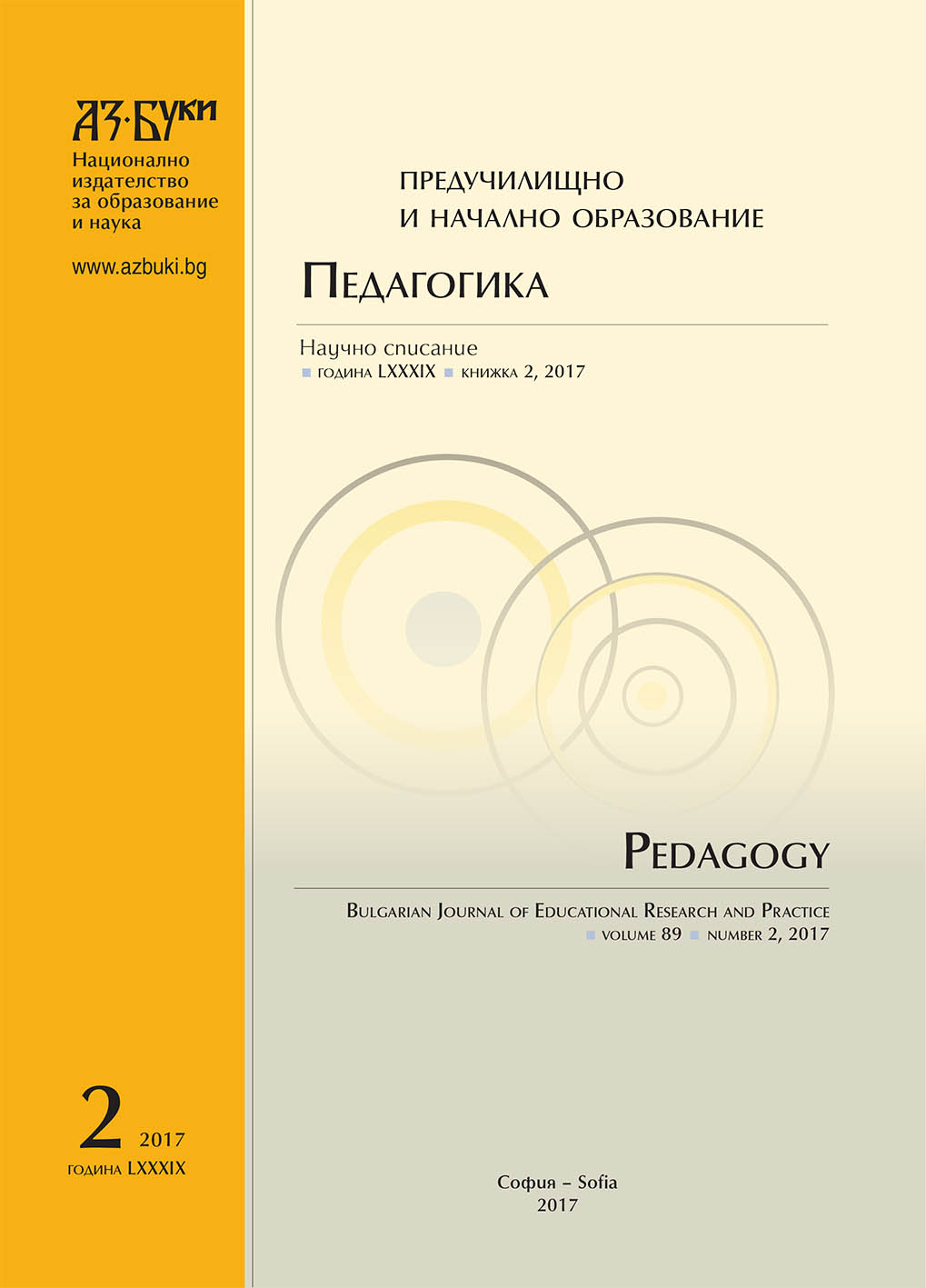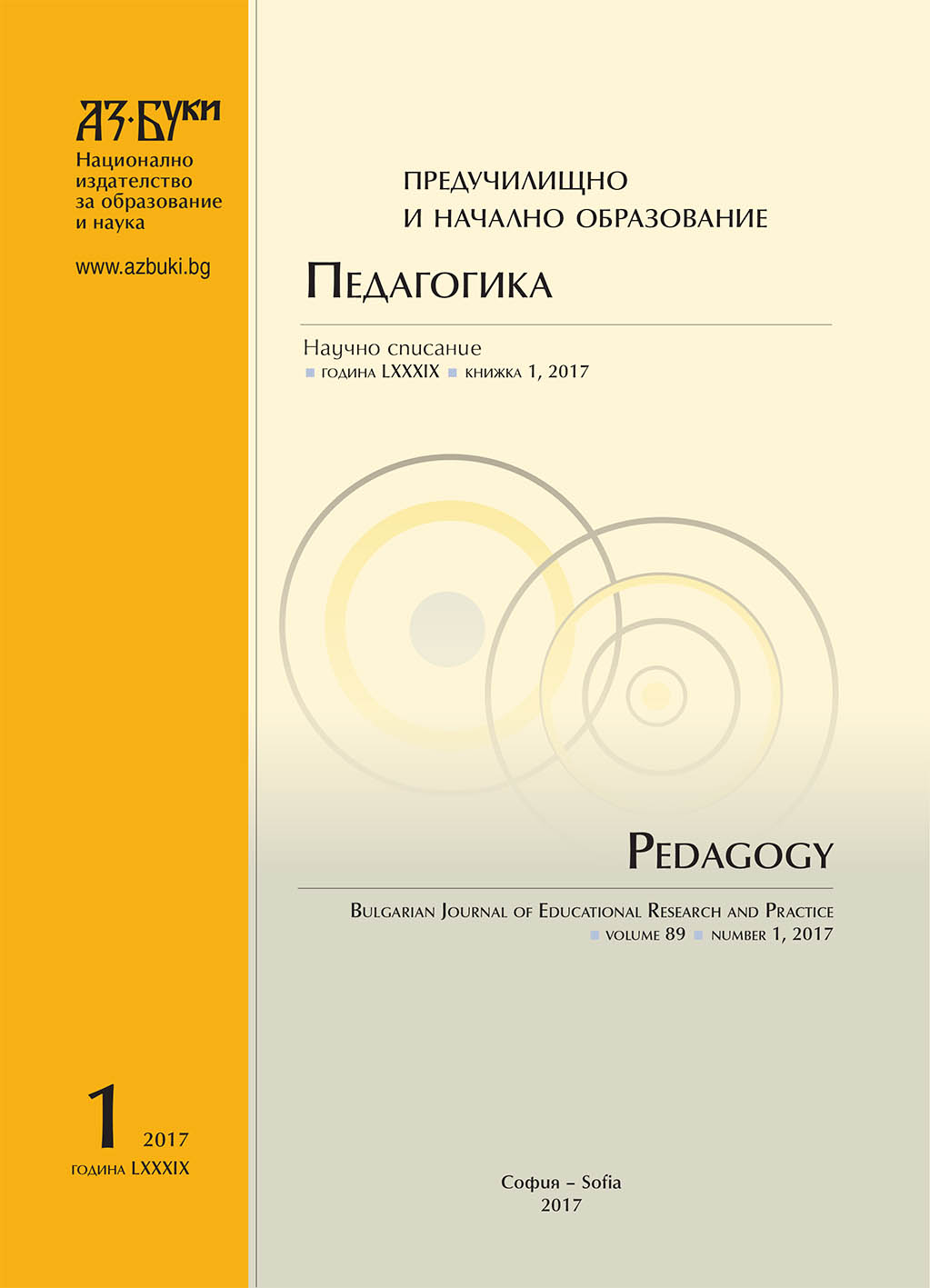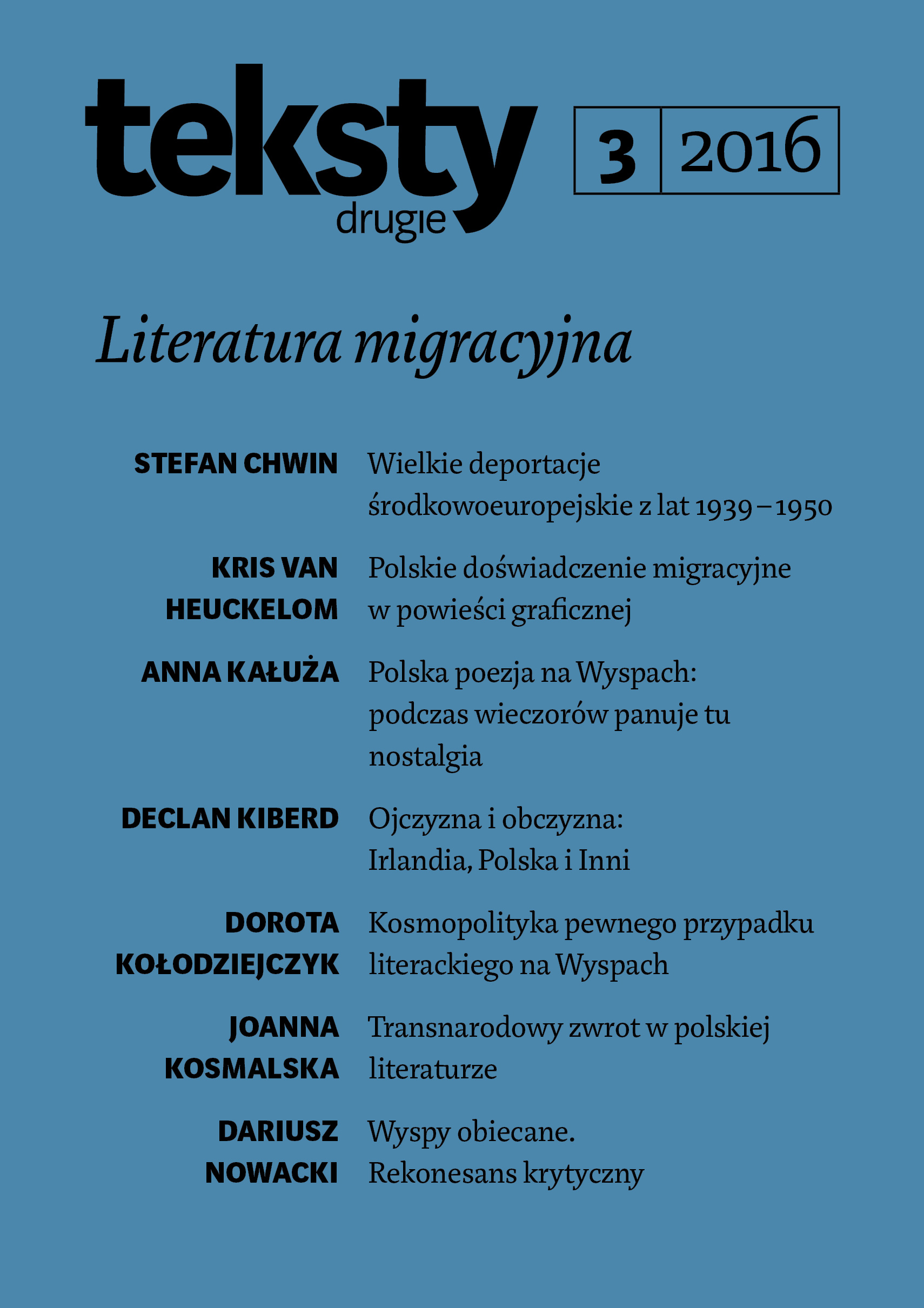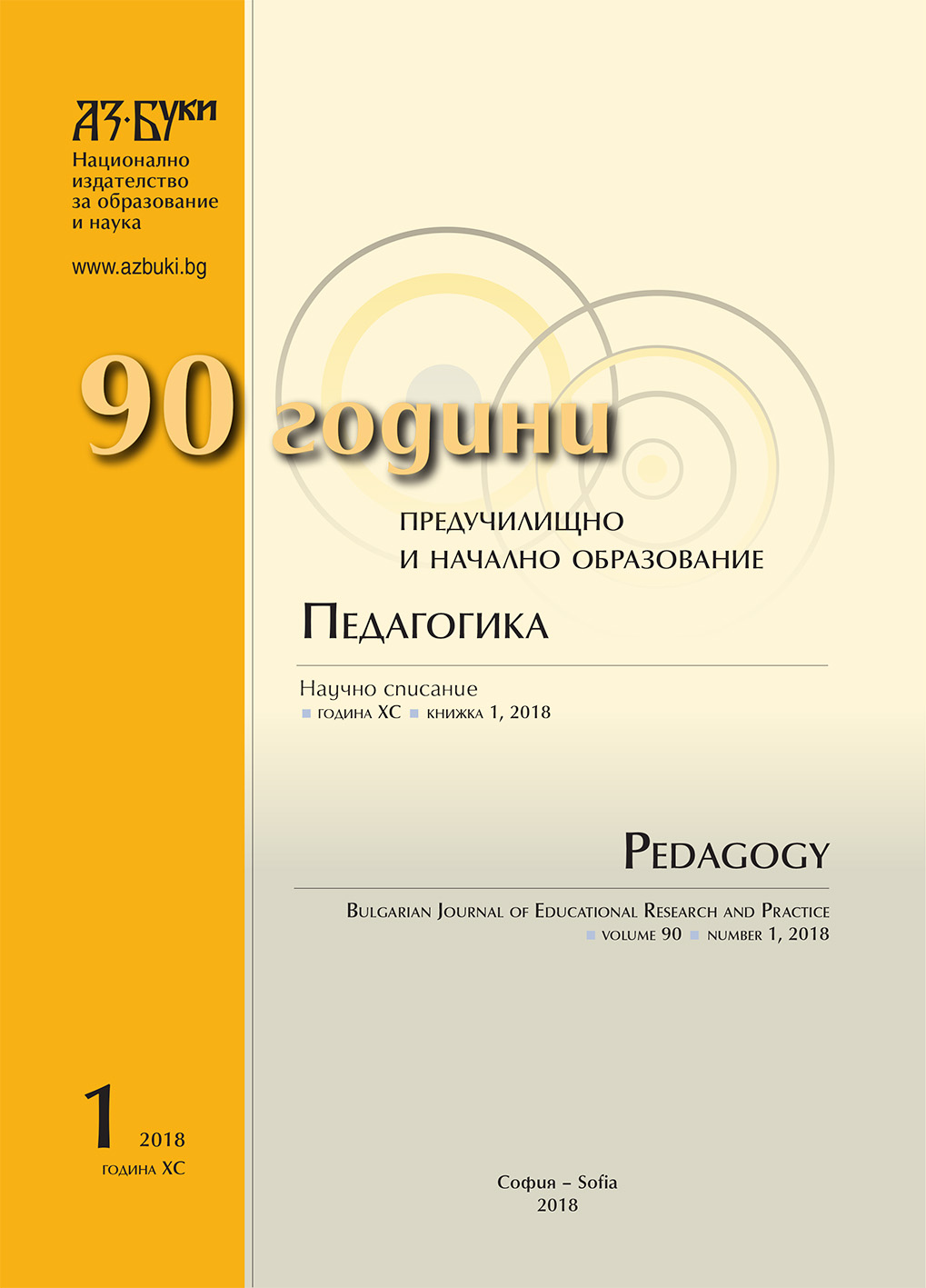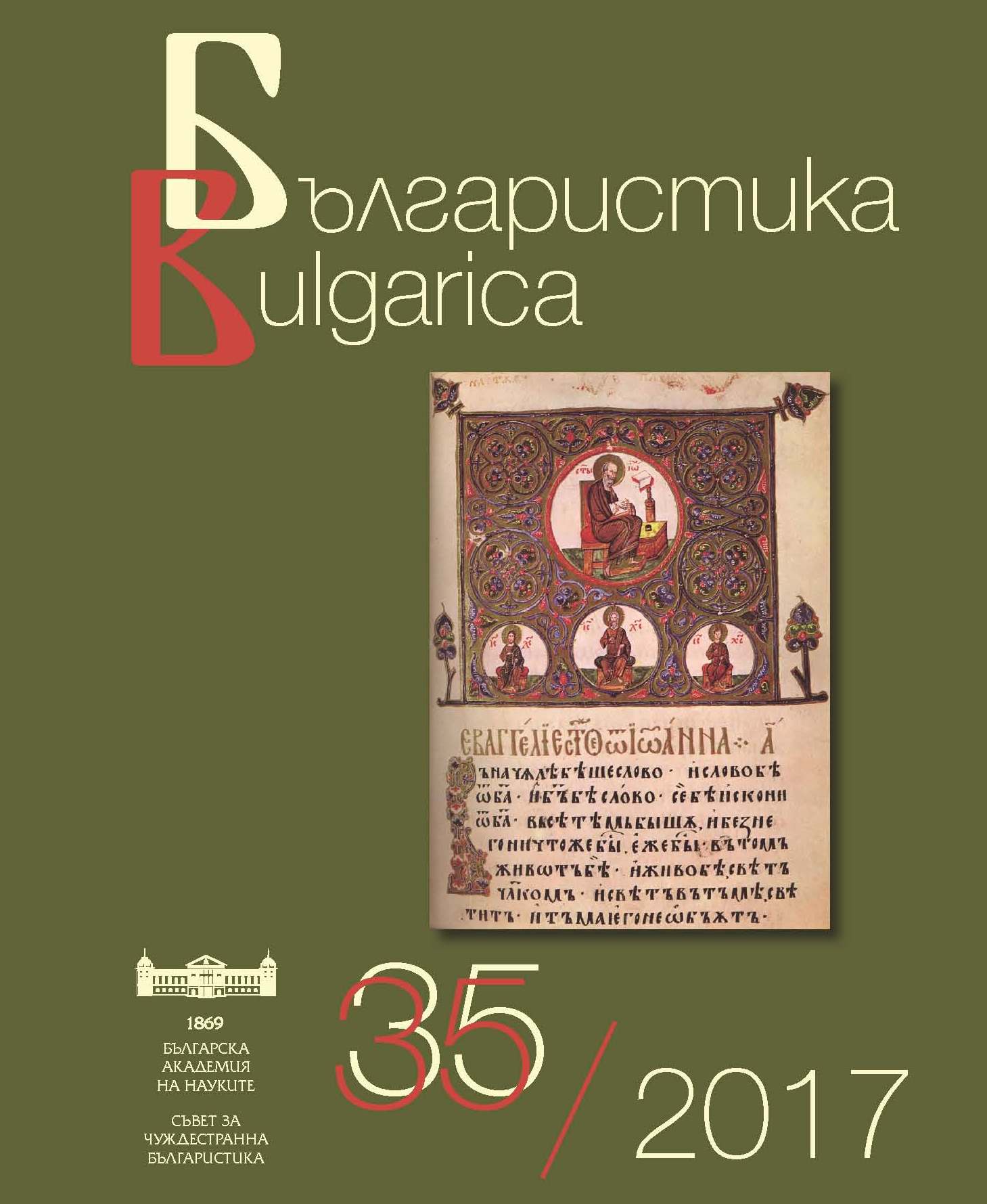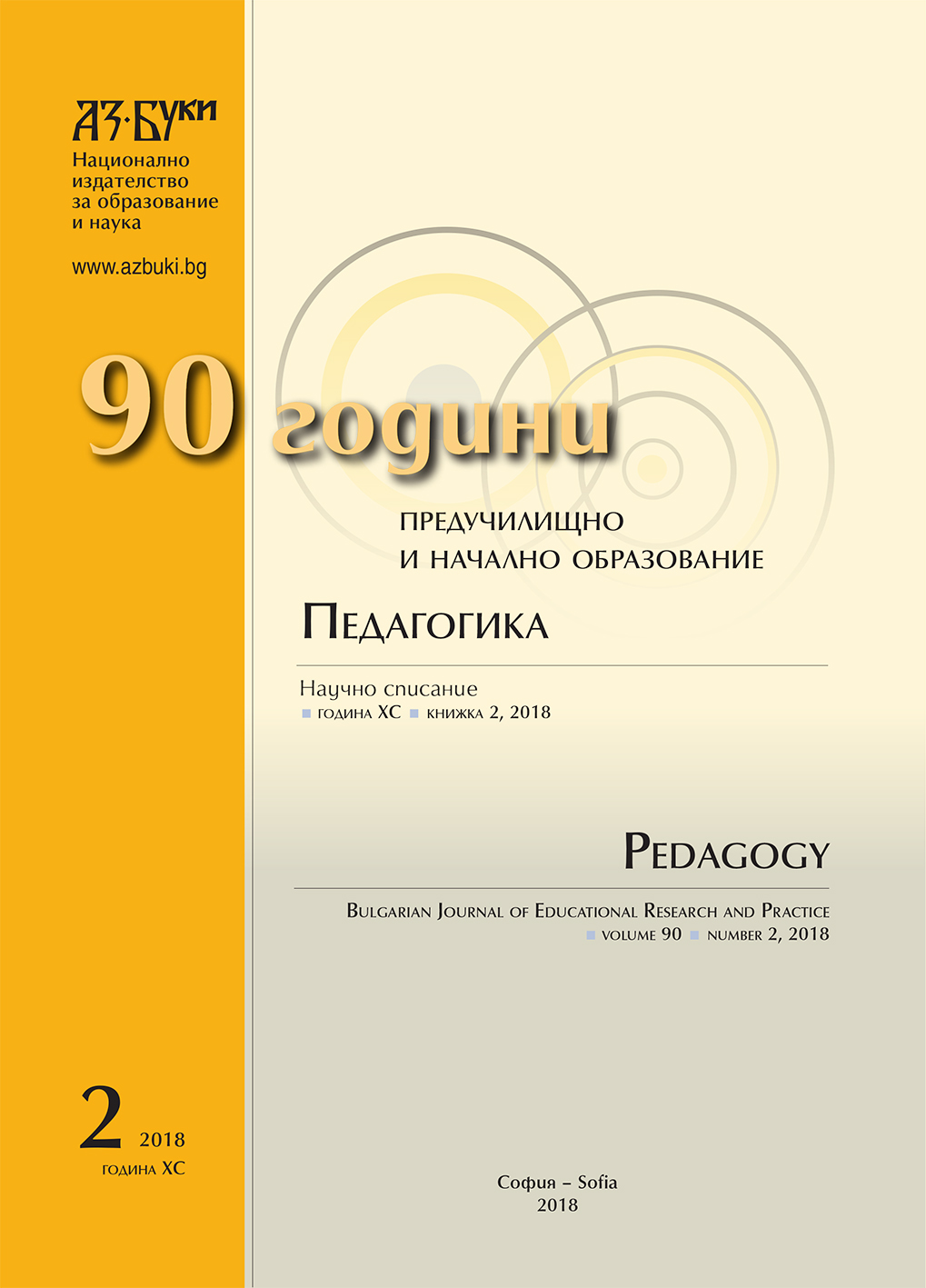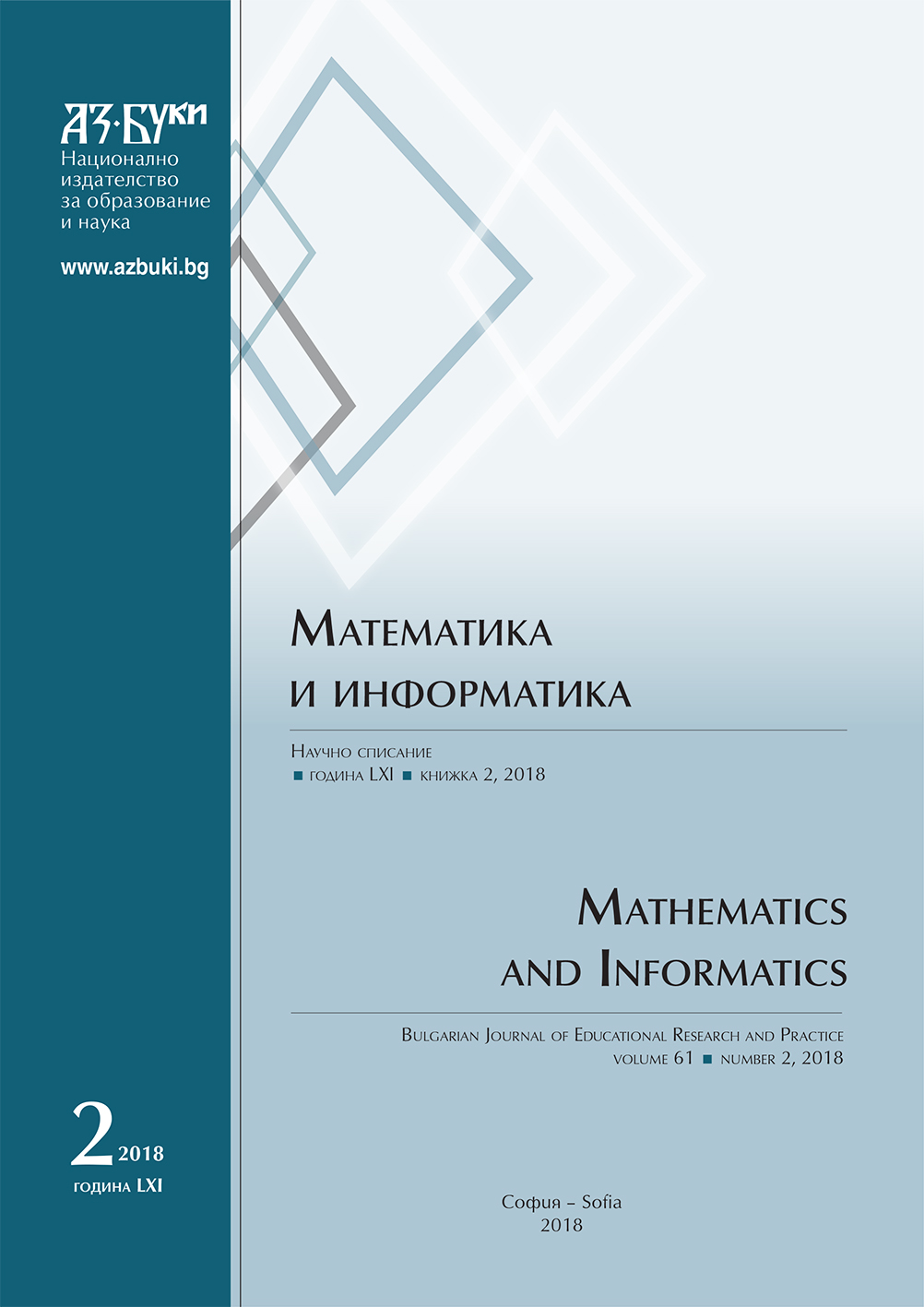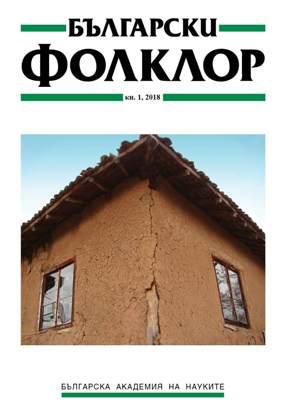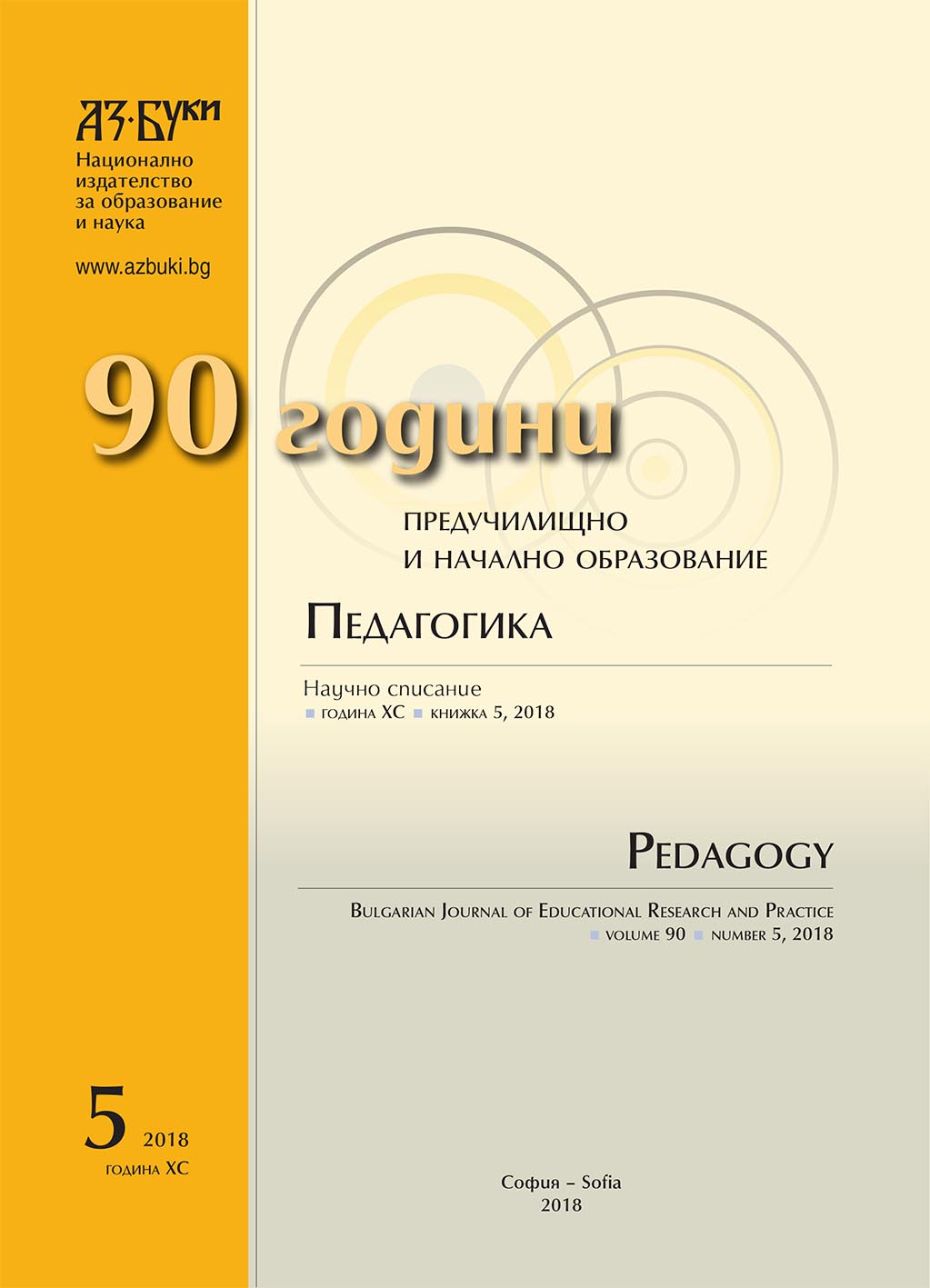Author(s): Iryna Maslova-Lysychkina / Language(s): Ukrainian
Issue: 1/2014
In the article are researched peculiarities of mass celebrations setting in 60-80's of the XX century in Kyiv. There is established that mass celebrations in Kyiv had mainly state and official character of the period. In this regard the setting of celebrations (posters, banners, portraits, stands, musical accompaniment and theatrical performance) subordinated to the ideological content and had propagandistic trend.The article outlines that the Soviet past of Ukraine further largely continues to define our mentality, mode of life, pattern of behavior in society. One of those Soviet "remnants" in Ukrainian society is some mass celebrations. It is states that in general the phenomenon of mass celebrations is an important part of social and cultural realities of our time and used as a communication technology, as a method of consolidation of various communities and way of broadcasting a variety of social ideas.The aim of the article is the study of specific setting of mass celebrations in Kyiv during Soviet period in 60-80 years of the XX century.The most developed in domestic scientific researches is ethno-cultural aspect of holiday phenomenon (V. Borysenko, M. Havryluk, M. Zakovych, S. Zubkov, O. Kurochkin, P. Sokolov, I. Sukhanov). Holiday as a social phenomenon studied Y. Belousov, D. Genkin, K. Zhyhulskyy, A. Mazaev, E. Kaverina, A. Nekrylova, O. Nemyro, A. Piotrowski, V. Propp, S. Turin, D. Uhrynovych, N. Hrenov, O. Shcherbynin, and L. Shumikhina. Specificity of holiday as a symbolic form of culture reveals O. Popravko. In scientific studies of T. Gayevska and J. Slutskaya holidays analyzed as a part of Soviet culture. Some aspects of mass celebrations setting in Eastern Ukraine in the 60's and 80's of the XX century studied O. Penkova.At the beginning the article proved that mass celebrations played an important role in Soviet culture. Besides the entertainment function they had ideological significance. Soviet ideologists V. Lenin, N. Krupska, A. Lunacharsky and others emphasized the importance of consolidation official and national celebrations as a part of cultural state development and ideological activities. Since the early 60's of the XX century began a new stage in the development of mass celebrations, which were caused by profound political changes in the Soviet Union after the 20th Congress of the Communist Party. According to the O. Penkova’s research in this period, "the state returns to human beings at the first time". However, mass celebrations in the USSR kept its state and political character. The state established official holidays and was trying to turn them into public tradition. According to the Decree of the USSR Supreme Soviet "About the holidays and memorable dates" from the 1st of October 1980 to the category of nationwide celebrations were included the anniversary of the October Revolution – on 7–8 November, V. Lenin's Birthday – on 22 April, International Day of Worker's Solidarity (Labour Day) – on 1–2 May, Victory Day of the Soviet people in the Great Patriotic War of 1941–1945 – on 9 May, USSR Constitution Day – on 7 October, National Day of the Union of Soviet Socialist Republics – on 30 December, Day of the Soviet Army and Navy – on 23 February, International Women's Day – on 8 March.Then the article passes to the statement that the state established official holidays and was trying to turn them into public tradition. The special feature of these key holidays was a clear organization that carried out by apparatus structures of the Communist Party. Commissions were engaged in preparation for the holiday, which were created in all steps of the party vertical. The trade unions, The Young Communist League (komsomol), the administrations of enterprises and institutions also carried out decisions of the party apparatus. The basic forms of the mass celebrations were meetings and demonstrations during the 60-80's of the XX century in Kyiv. Together with parades of various kinds (military, sports, etc.) they were the main forms of expression festive aesthetics of the Soviet era. Involvement to the celebration of state holidays began with early childhood. The main form of mass state holidays in Kyiv were demonstrations of workers that took place on the 7th of November and the 1st of May. The celebration of the 1500th anniversary of Kyiv in 1982 became a significant mass celebration in Kyiv in the Soviet period as well.In the conclusions is revealed that setting of mass celebrations is closely associated with ideological content of the Soviet period (the 60-70's of the XX century). In Kyiv such mass celebrations as Victory Day, May Day, Day of the October Revolution and others necessarily were held in the form of meetings and demonstrations. At the time of the events constantly were used state symbols, portraits of leaders and senior communist party leaders, Heroes of the Great Patriotic War and the Socialist Labor. In order to ensure solemnity and emotionality in the setting of mass celebrations were applied large stands depicting the Kyiv emblem or symbols of Kyiv enterprises. Banners with slogans, posters, music of patriotic character, elements of theatrical performances involving athletics and choreographic groups were also widely used.
More...
